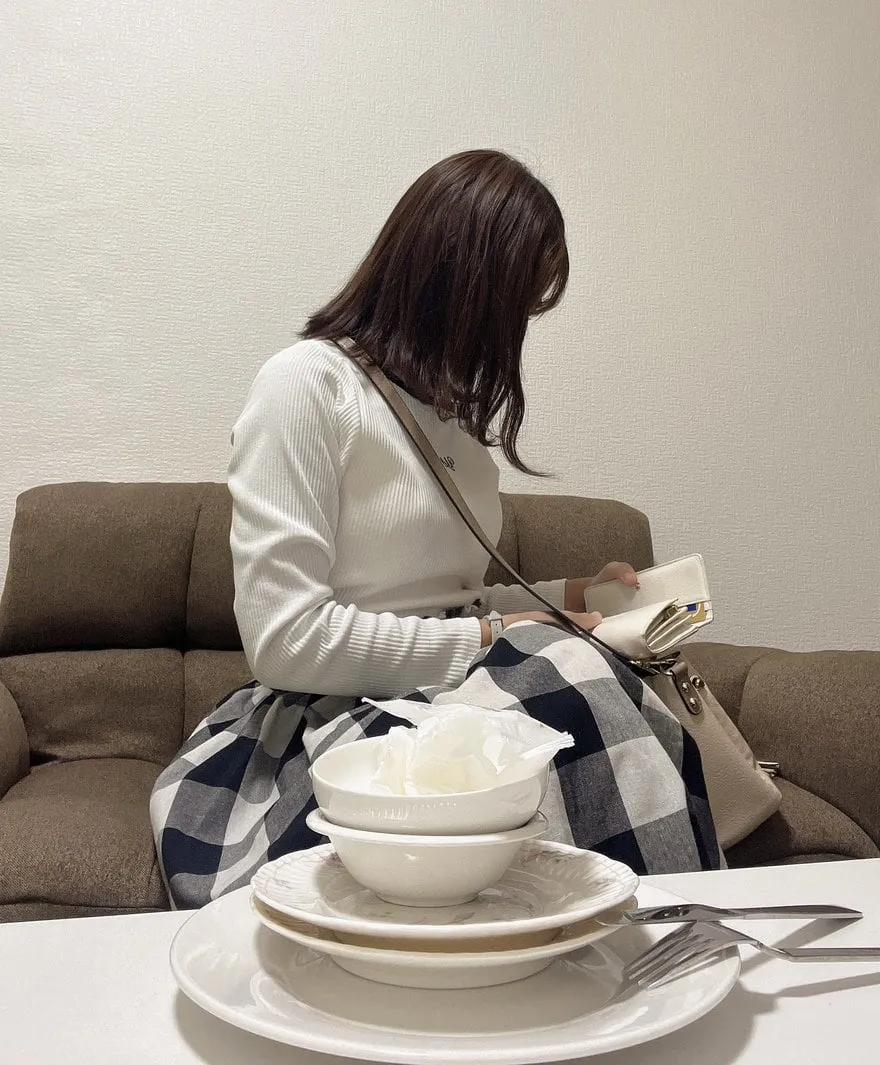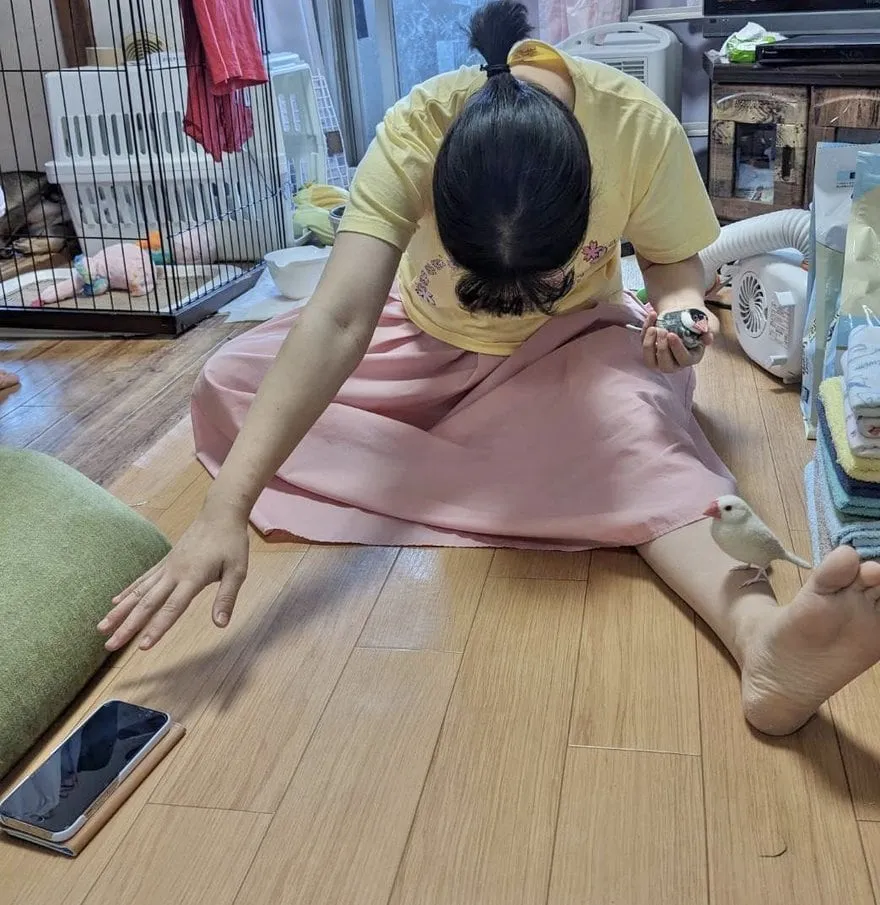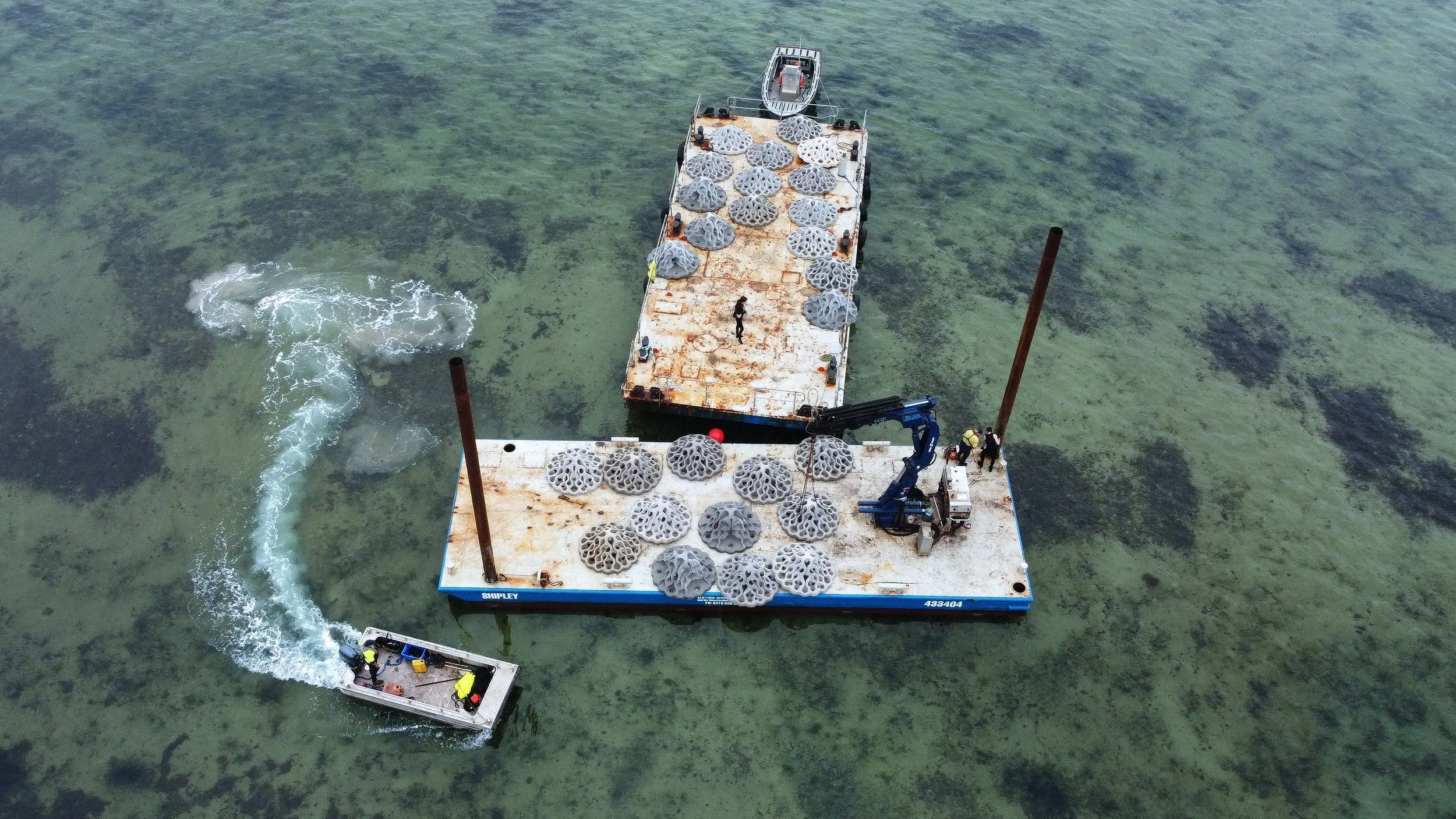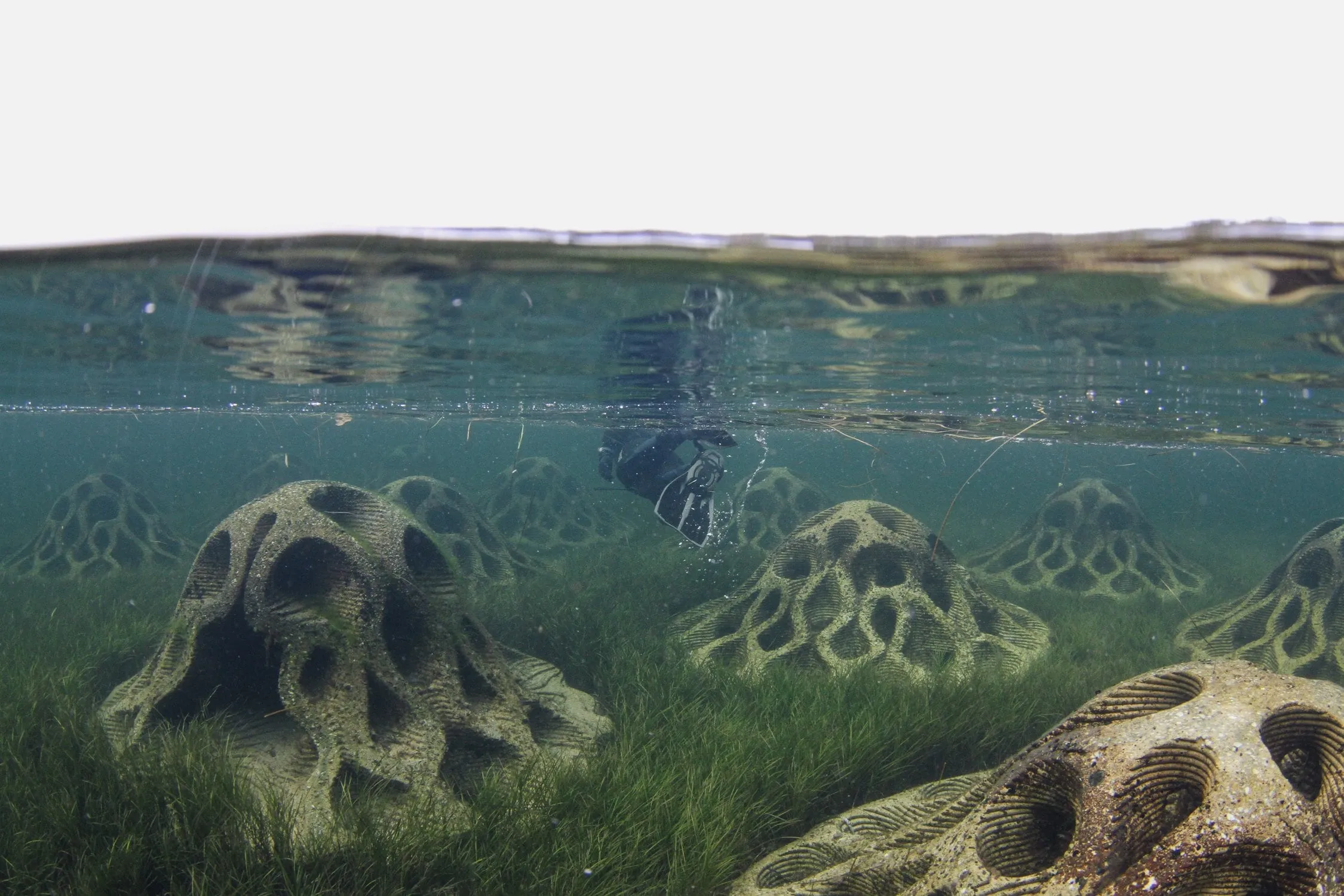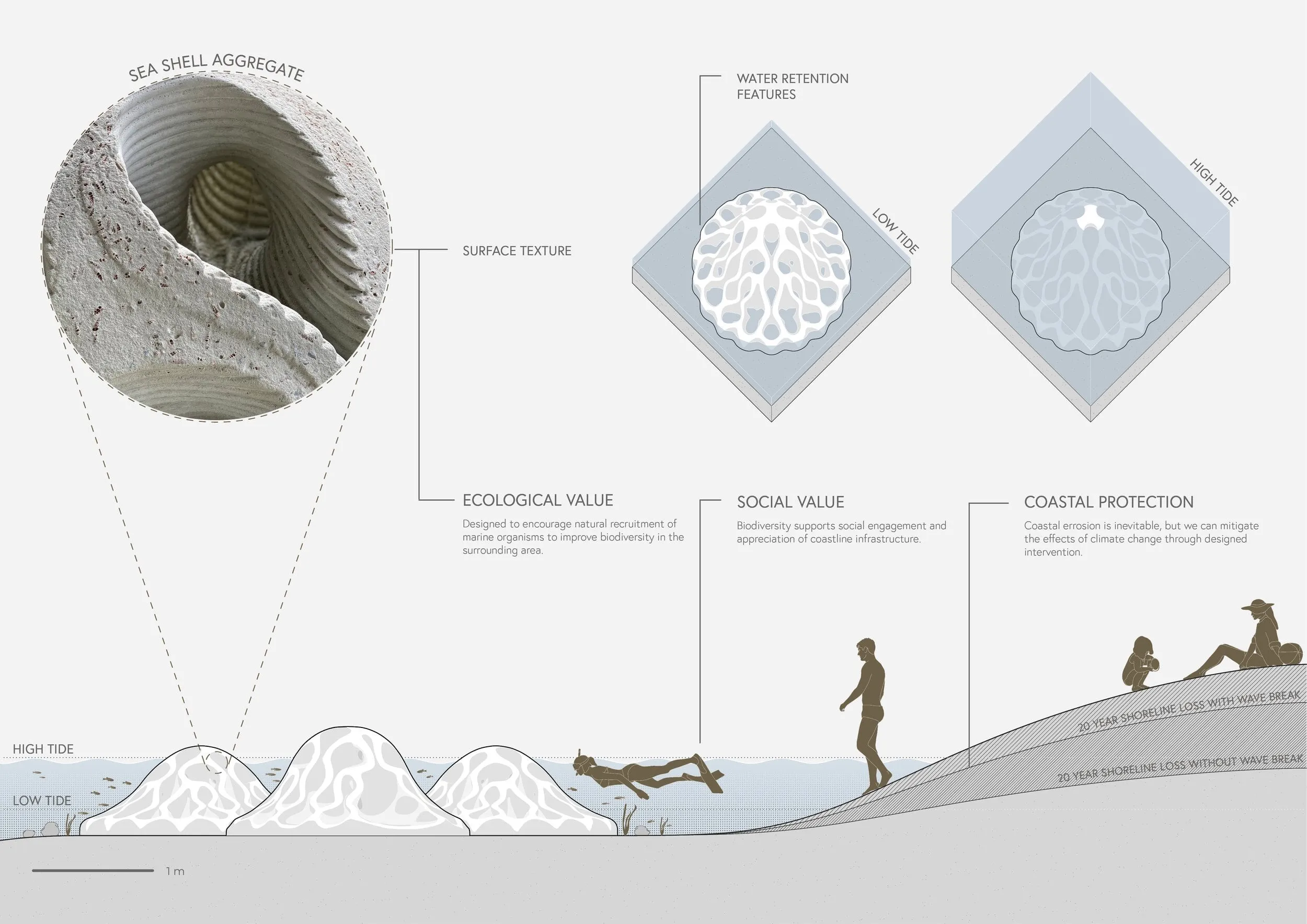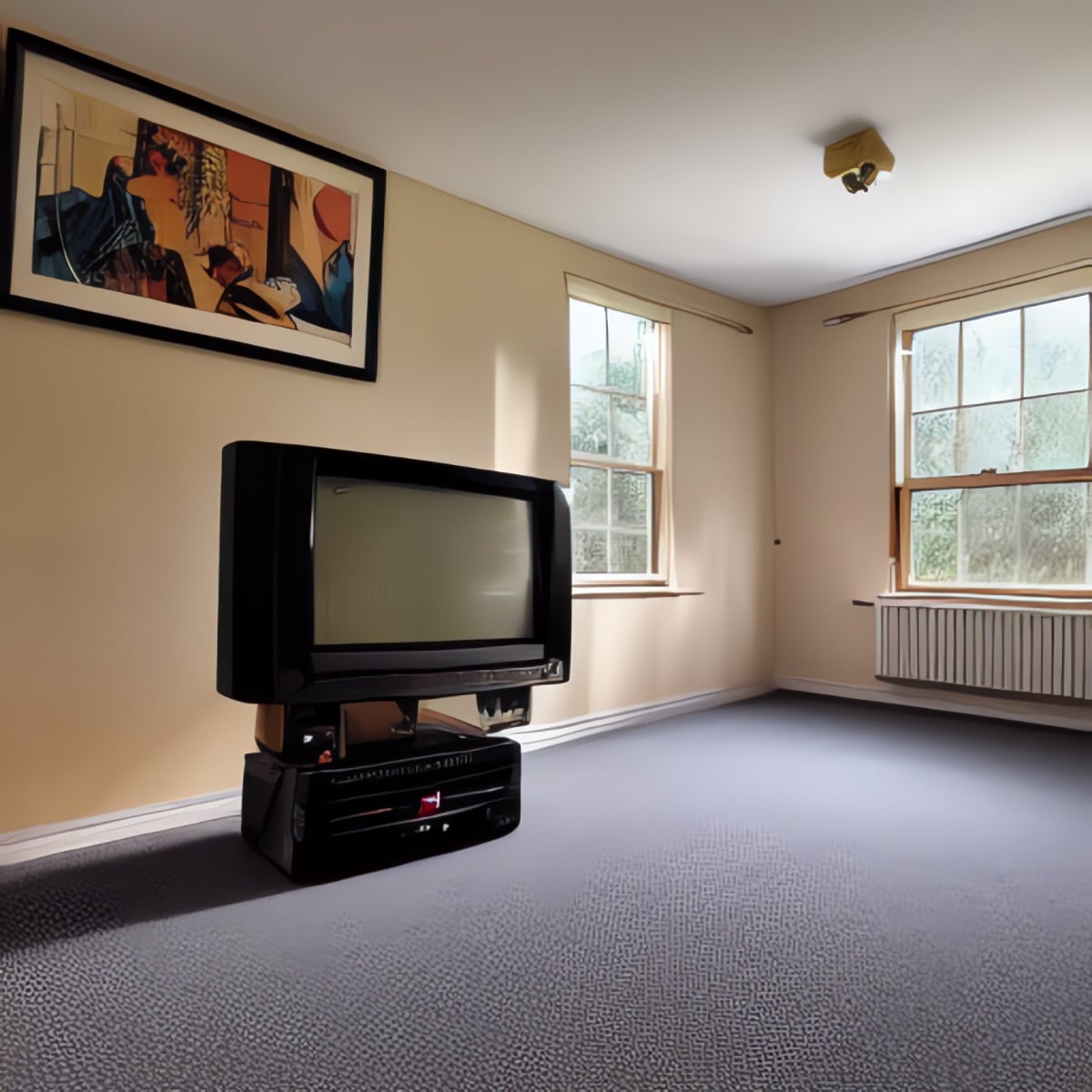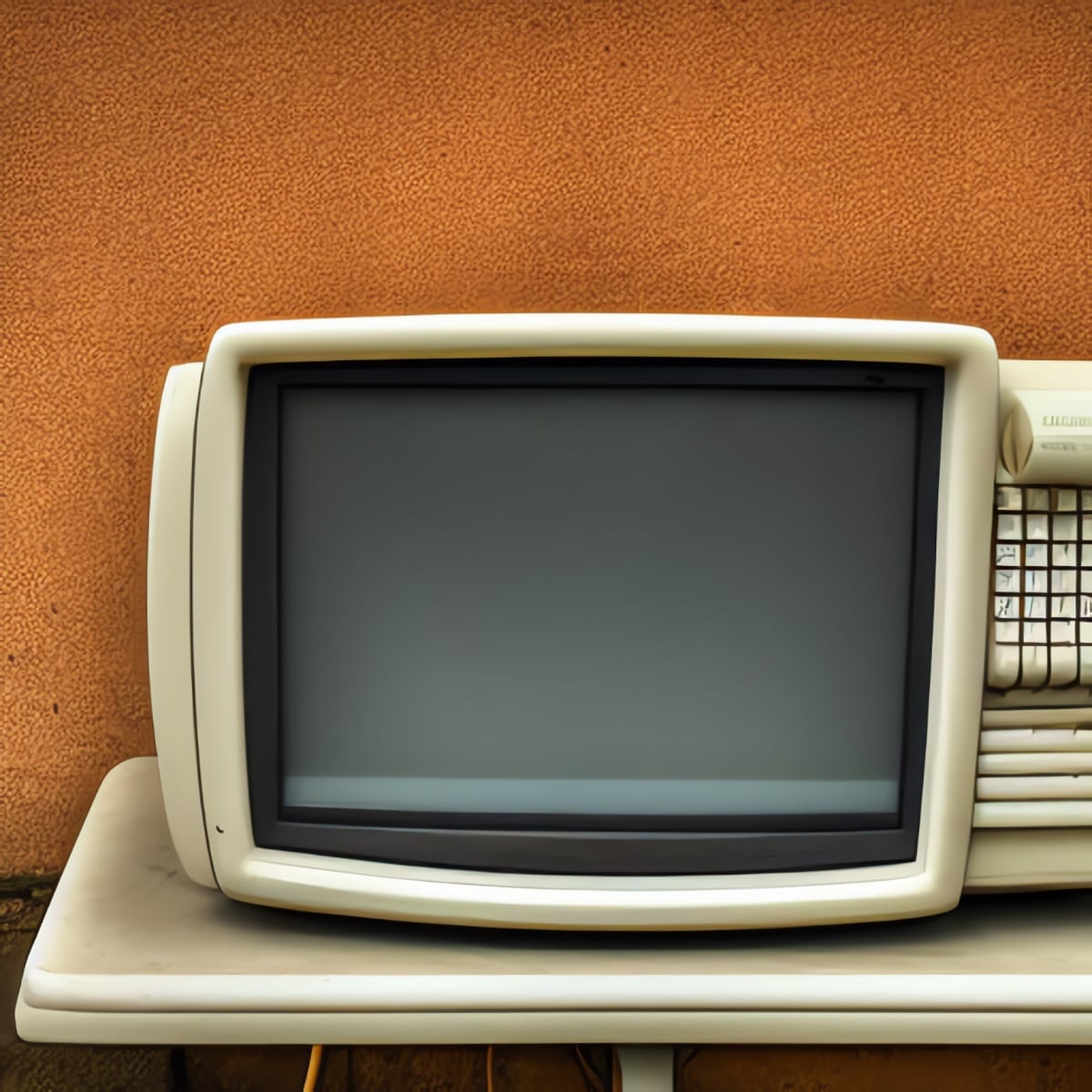Should you be getting Botox? Welcome to Ask Ugly, our new beauty column!
You won’t get suggestions for the best new niacinamide serum from Ask Ugly. Just eat a sandwich. I won’t recommend some celebrity-loved surgery for sucking the fat from your face – it needs fat. Instead, I want to dig into capital-B Beauty here: what it is, what it means, and how it’s been industrialized and assembly-line machine-squeezed into billions of plastic bottles.
